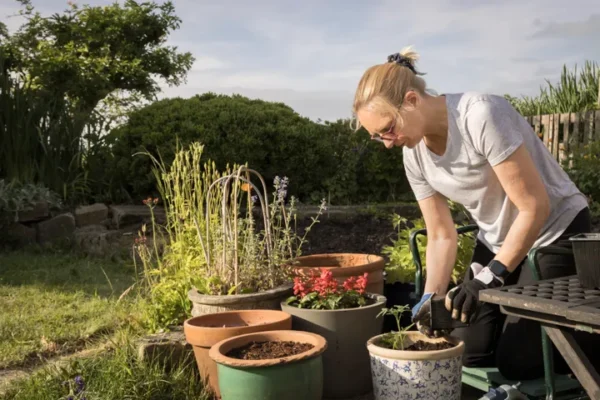
Welcome to your ultimate guide to home garden tips and landscape solutions! Whether you’re a seasoned gardener looking to enhance your outdoor space or a newbie excited to dig your garden, this article will explore everything you need to know to transform your home garden into an oasis of greenery and beauty.
We also decided to plant a damson plum tree last year, and it has been a fantastic addition. The tree’s blossoms are breathtaking, and the plums are perfect for making jams and desserts. For more information, visit the supplier right here.
Want a glorious garden for summer? Keep reading.
Getting Started with Your Home Garden
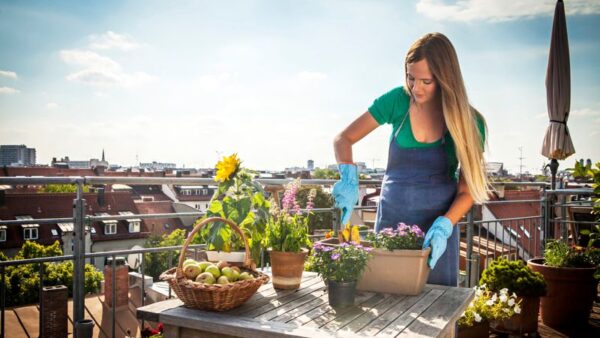
Planning:
Before you start planting, let’s understand your outdoor space situation. How much sun does it get? Is the soil good? Can you easily get water to it? Knowing these things will help you pick the right plants and plan your garden. If you need help with your outdoor space, consider the landscape solutions provided by professionals. They can make planning your garden a breeze!
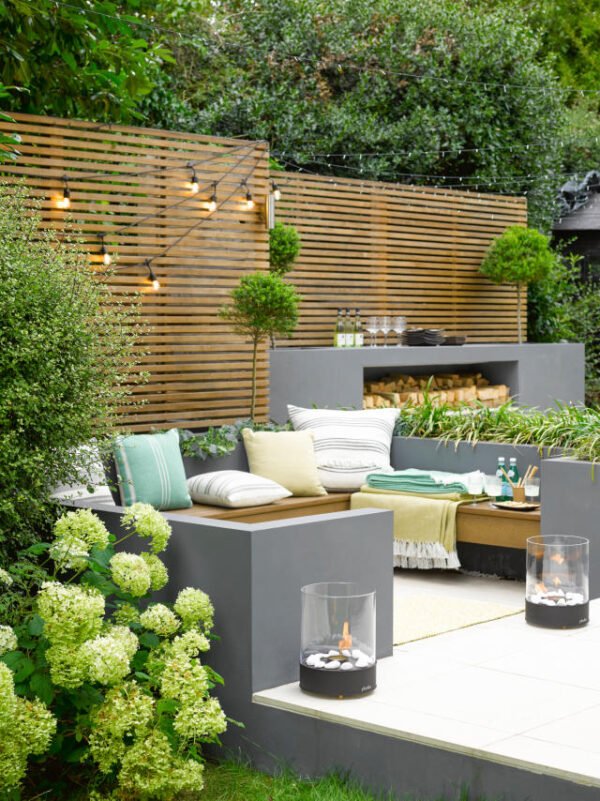
Choosing Plants:
Choosing plants is important. If you’re new to gardening, start with ones that are easy to grow in your area. Think about when they bloom, how tall they get, and how much care they need.
If you’ve just got started gardening then it can be hard to know what to plant and when, so do your research. Also, if you’re buying plants and flowers for your outdoor and indoor spaces, make sure to ask your shop assistant what flowers and plants will best thrive outside or inside.
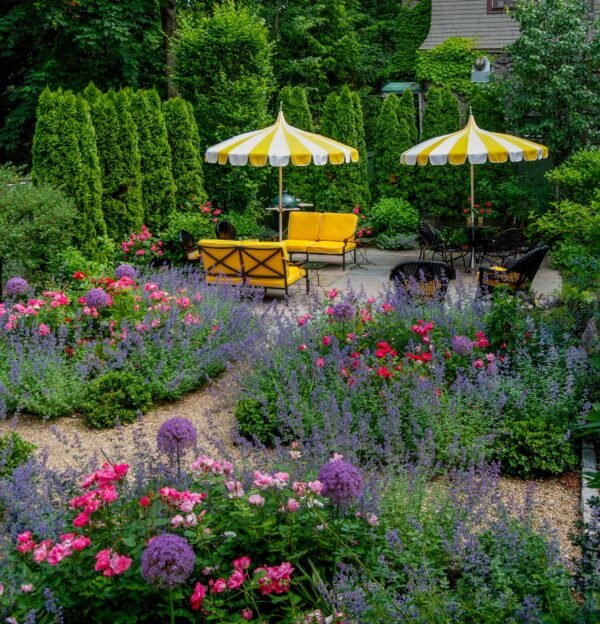
Planning layout:
Now, let’s plan your garden layout. Design it by thinking about where you’ll put paths and what plants will go where. It’s like being the boss of a tiny forest, ensuring everyone fits together nicely.
Essential Tips for Maintaining Your Home Garden
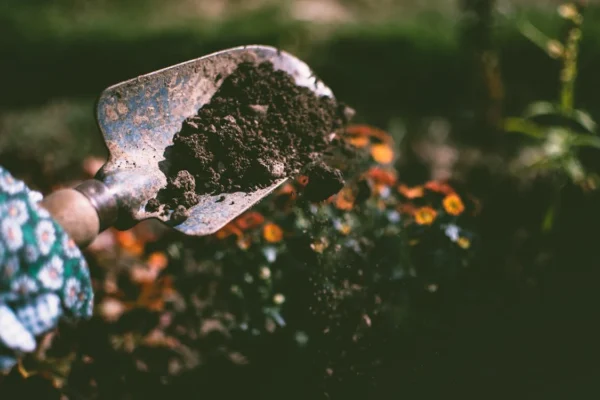
Caring for your home garden is crucial to maintaining its beauty and keeping your plants healthy. Here are some easy home garden tips and their pros and cons to help you with your home garden.
Take Care of the Soil:
Plants need healthy soil to flourish. Soil quality can be improved by adding organic materials and food waste. This will add necessary nutrients to your plants which are necessary for healthy growth. However, adding too much organic matter can lead to nutrient imbalance, and some commercial fertilizers may contain chemicals harmful to the environment.
Water Your Plants:
Plants need water to survive, but overwatering can be harmful. Use a watering can or hose to give your plants the right amount of water they need. This ensures that your plants stay hydrated and healthy. However, overwatering can lead to root decay and other water-related diseases, while underwatering can cause plants to wilt and eventually die.
Keep Away Weeds:
Weeds are those annoying plants that pop up where you don’t want them in your garden. They steal water, sunlight, and nutrients from your plants, making it harder for them to grow well.
By pulling weeds regularly, you stop them from taking over your garden and suffocating your plants. This means your plants have more space and resources to grow happily. However, pulling weeds can take a lot of time, especially if they have deep roots. And sometimes, no matter how hard you try, you can’t eliminate them completely.
Watch Out for Bugs:
Insects can damage your plants by feeding on them or spreading diseases. Watch for any signs of insects and take action to control them. This will protect your plants from damage and prevent the spread of diseases.
However, some insecticides can harm beneficial insects like bees and butterflies, and overuse of insecticides will eventually not affect insects. They will become “immune” to the pesticide.
Cut or Trim Plants:
Regular trimming helps promote healthy growth and removes dead or damaged parts of the plant. This stimulates new growth and improves air circulation and sunlight penetration. However, improper trimming can damage the plant, and excessive cutting can weaken the plant’s structure.
Add Mulch:
Mulch is a material you put on top of soil in your garden. It has many uses, like keeping the soil moist, stopping weeds from growing, and making the soil healthier. Different kinds of mulch exist, like wood chips, straw, or plastic.
Organic mulches break down over time and add nutrients to the soil, while inorganic mulches don’t break down and are often used for looks or erosion control. Mulch is helpful for gardeners to keep their plants healthy.
Fertilize Your Plants:
Fertilizers provide essential nutrients to plants that may be lacking in the soil. This nitrogen fertilizers promotes healthy growth and development and corrects nutritional deficiencies. However, overuse of fertilizers can lead to nutrient runoff and water pollution, and some fertilizers may contain harmful chemicals.
Keep it Clean:
Remove debris and dead plant material regularly from your garden to maintain cleanliness and prevent disease spread. This reduces the risk of pests and diseases and improves the overall appearance of your garden. However, cleaning can be time-consuming, and disposing of garden waste may require proper disposal methods. Your garden is like a story waiting to be told.
Following these simple tips will help you keep your home garden looking its best all year round. Also, consider the good and bad sides of each idea. So, take your time, use your imagination, and enjoy making your garden special.
